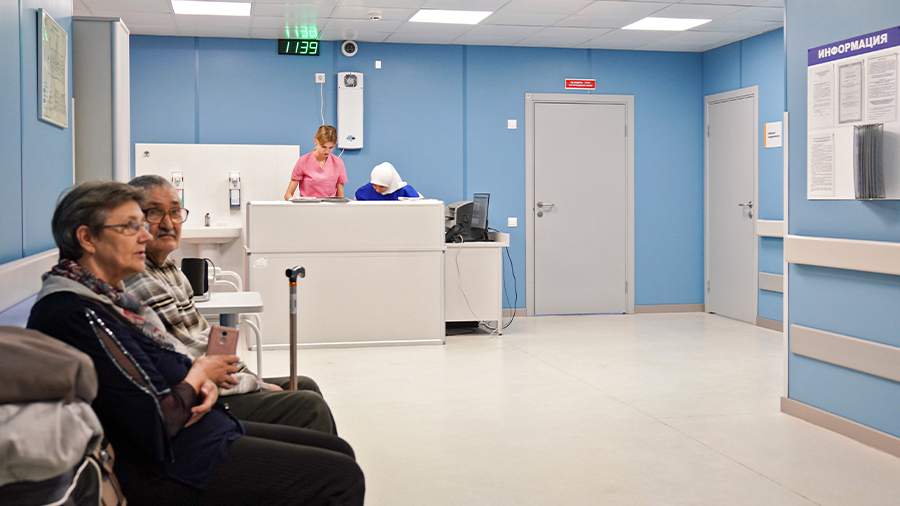Almost half of Russians do not know about free cancer diagnostics

Almost half of the respondents (48%) do not know that early cancer diagnosis is possible within the framework of free annual medical examination and have never undergone medical examination for early detection of cancer diseases (54%) - neither free of charge nor paid. One third of respondents were examined only once. This is reported in a study by Nutricia, which was reviewed by Izvestia on February 4.
"In recent years, the five-year survival rate in Russia has increased significantly due to early screening and diagnosis. However, despite the successes, we still have a lot of work to do to achieve optimal results," said Ivan Kaprin, chief oncologist at the Moscow Region Ministry of Health.
According to the survey data, the majority of respondents who are not being examined either lack time (32%) or do not understand why early diagnosis is necessary (33%). One in five admit that they do not know how to be examined and what exactly to do. Due to fear of diagnosis, only 5% of respondents refuse early diagnosis.
"Rehabilitation, which starts from the moment of diagnosis and continues throughout the anti-tumor treatment, is also of special importance in the support system," explained Marina Kukosh, associate professor and practicing physician.
In addition, the survey showed that Russians lack information about other aspects of the fight against cancer - not just diagnosis. For example, only 14% of respondents know that when cancer occurs, nutritional needs change, for example, the body's need for proteins doubles. Because of this, specialized nutrition plays an important role in treatment, but even fewer respondents, only 10%, know about such nutrition.
"Proper routing, accompanying therapy and rehabilitation, including nutritional support, government support and help from charitable foundations are all key elements of successful treatment and rehabilitation," summed up Nutricia's director for scientific and medical work and bringing products to market, Nail Egofarov.
Earlier, on January 14, SM-Clinica oncologist Rasul Akhmaev told Izvestia that stomach cancer is considered one of the most aggressive cancers. He noted that this severe disease can behave unpredictably, despite good prognoses for treatment at early stages.
Переведено сервисом «Яндекс Переводчик»

